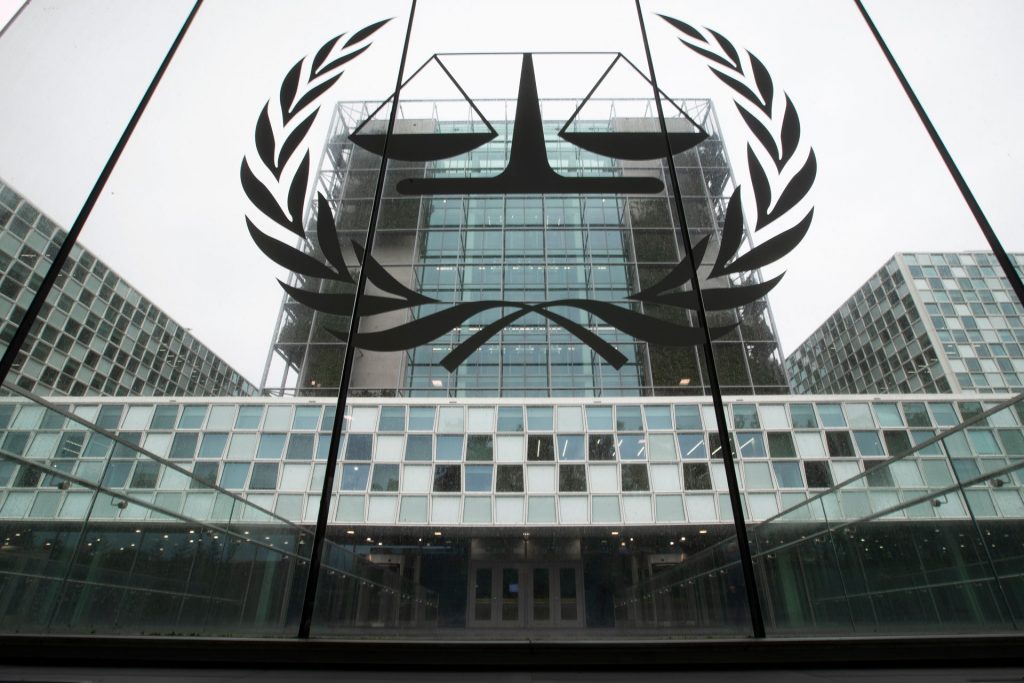A summer at the United Nations International Residual Mechanism for Criminal Tribunals

My summer in The Hague was an incredibly formative experience and a unique opportunity to gain exposure to international criminal law. At a time when our international criminal law institutions stand at a critical juncture as victims and survivors seek justice for mass crimes being committed in Ukraine, it was a privilege to play a small but necessary role in advancing international justice as an International Human Rights Program (IHRP) fellow at the United Nations International Residual Mechanism for Criminal Tribunals (the Mechanism).
The UN Security Council established the Mechanism in 2010 to carry out the remaining essential functions of the International Criminal Tribunal for Rwanda (ICTR) and the International Criminal Tribunal for the former Yugoslavia (ICTY) following their respective closures in 2015 and 2017. In carrying out these functions, the Mechanism maintains the legacies of these two pioneering ad hoc tribunals under one institution and strives to reflect best practices in international criminal justice. I completed my legal internship with the Office of the Prosecutor (OTP) in The Hague branch of the Mechanism, where I contributed to a large investigative case file concerning responsibility for core international crimes committed in several municipalities within the former Yugoslavia. As there are more than 3,000 suspected perpetrators of war crimes, crimes against humanity, and genocide to be investigated and prosecuted in Bosnia and Herzegovina, Croatia, and Serbia, the OTP continues to assist national authorities by passing on evidence and investigative dossiers for use in local prosecutions.
While I learned a great deal about investigating and prosecuting international crimes during my time in The Hague, I perhaps learned more about the divided reality of international criminal law. In many respects, the field is separated into two parallel worlds: (1) the international bubble of lawyers in The Hague; and (2) the countries situated tens of thousands of miles away where alleged war crimes took place. This reality could not have been more apparent as the entire city was seemingly preparing to prosecute Russian aggression against Ukraine, awaiting the day for another ad hoc tribunal to join its neighbours in The Hague. This was, of course, despite the fact that Russia would undoubtedly use its veto power on the Security Council to prevent such a tribunal from being established.
Now, two decades after the establishment of the International Criminal Court (ICC) in 2002, this divided reality will likely remain a permanent one. Even after institutions like the Mechanism complete their remaining functions and close up shop, The Hague will continue to serve as a global criminal courtroom. Despite clear shortcomings, there is good reason for this. Many states are unwilling or unable to genuinely prosecute persons suspected of war crimes, especially those connected to the ruling elite. In addition, sometimes witnesses cannot be adequately protected during domestic prosecutions of international crimes. As a matter of principle and respect for international human rights and international humanitarian law, we also cannot let impunity reign.
Still, these reasons for having an international mechanism for prosecution should not serve as an excuse for complacency. In order to further strengthen the international community’s renewed commitment to international criminal justice during the Ukraine Accountability Conference (UAC) in The Hague this July, robust efforts should be taken to improve local access and victim participation in international criminal courts.





